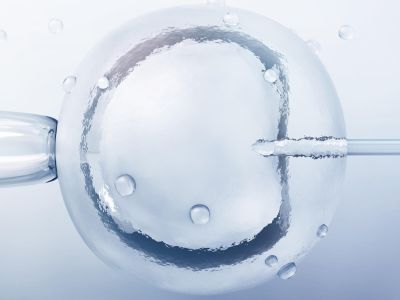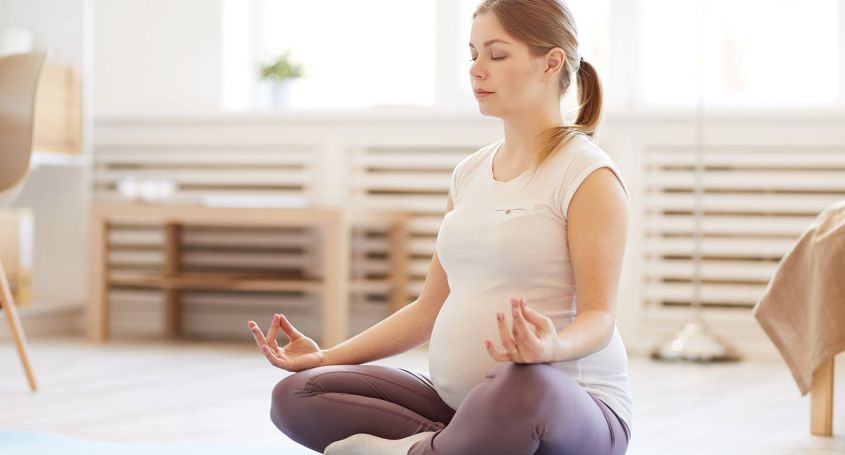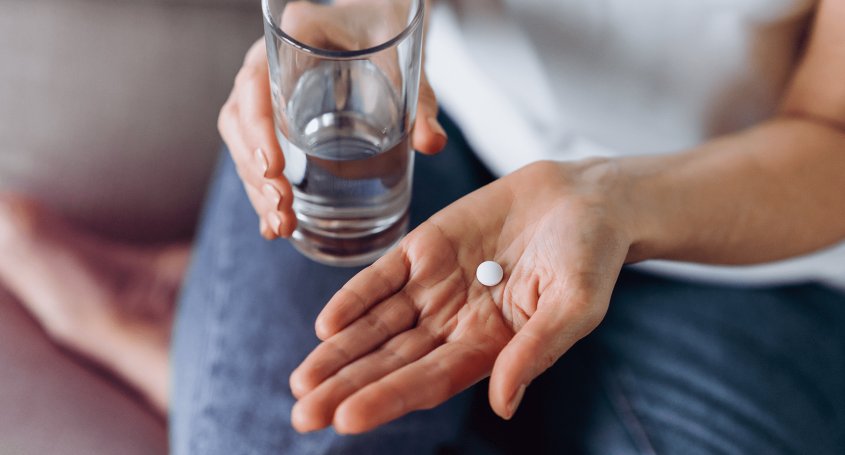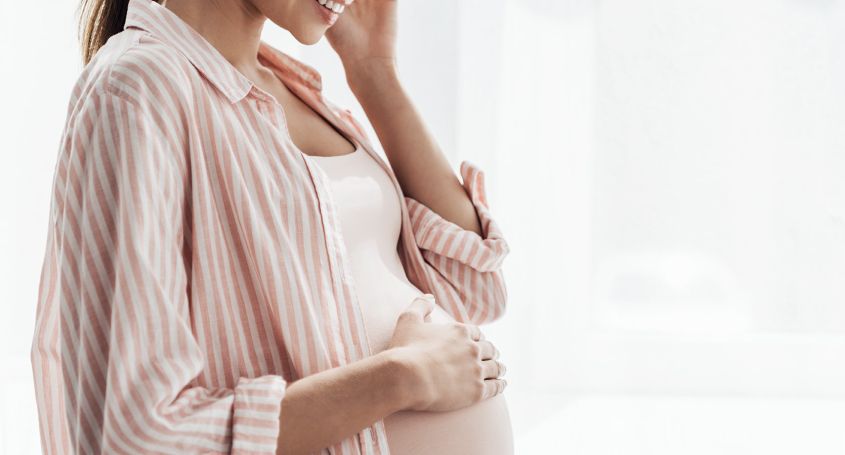
Both the excess of sport and/or the lack of it can influence fertility. The recommendation is to exercise regularly and with moderate intensity, accompanied by a balanced diet. Sport and fertility come together, as sport provides the indispensable ingredients: it reduces the levels of stress, provides energy, helps control weight and maintain an active body.
A sedentary life is not a good ally of fertility, as it can originate obesity, the faithful enemy of fertilization in women. What’s more, carrying out sport and not carrying out a sedentary life con considerably improve the man’s sperm quality.
It is also not recommended to go from a no exercise to extreme sport in a short period of time with the aim of losing weight as soon as possible; this can affect the persons reproductive capacity.
Sport and Fertility; What are the consequences of excessive sport?
When it comes to women, to carry out too much or too little exercise can cause hormonal imbalances which alter ovulation. In high performance athletes there can be cases of:
- In more serious cases, there is a lack of menstrual cycle and no pregnancy due to lack of ovulation.
- Luteal insufficiency: Many women athletes maintain their menstrual cycle and their ovulatory capacity but they present a decrease in the production of progesterone during the second phase of the menstrual cycle. The importance of this lies in that fertility can find itself compromised by that progesterone deficiency – this is the hormone responsible for a good embryo implantation. For this reason, we can find women athletes with implantation failures and premature miscarriages.
In men, the excess of sport can influence the quality and quantity of spermatozoids, hence affecting his fertility.
When there is an excess of sport, it is necessary to balance the nutritional intake and adjust the quantity of calories according to the calorie consumption. Generally, the solution would be to increase the calorie intake and reduce the amount of physical exercise. If the weight is low, there should also be a balancing of the weight.
What are the benefits of practicing exercise?
Improve blood circulation: Physical exercise improves circulation and the flow of oxygen in the body’s system to a cellular level. It also increases the formation of complex hormonal cell receptors.
Reduces stress: Carried out in a moderate manner it is a great stress reducer. It’s been proven that stress negatively affects fertility, and can trigger hormonal reactions that create a blockage.
Improves hormonal balance: to carry out sport regularly tones the muscles, helps regulate menstruation and reduces pre-menstrual symptoms.
Increases endorphins: recent studies have proven that right after physical exercise, the level of endorphins in the blood increase considerably. These are known as the happy hormones, a natural anesthetic which helps fight depression and anxiety.
 Both the excess of sport and/or the lack of it can influence fertility. The recommendation is to exercise regularly and with moderate intensity, accompanied by a balanced diet. Sport and fertility come together, as sport provides the indispensable ingredients: it reduces the levels of stress, provides energy, helps control weight and maintain an active body.
A sedentary life is not a good ally of fertility, as it can originate obesity, the faithful enemy of fertilization in women. What’s more, carrying out sport and not carrying out a sedentary life con considerably improve the man’s sperm quality.
It is also not recommended to go from a no exercise to extreme sport in a short period of time with the aim of losing weight as soon as possible; this can affect the persons reproductive capacity.
Both the excess of sport and/or the lack of it can influence fertility. The recommendation is to exercise regularly and with moderate intensity, accompanied by a balanced diet. Sport and fertility come together, as sport provides the indispensable ingredients: it reduces the levels of stress, provides energy, helps control weight and maintain an active body.
A sedentary life is not a good ally of fertility, as it can originate obesity, the faithful enemy of fertilization in women. What’s more, carrying out sport and not carrying out a sedentary life con considerably improve the man’s sperm quality.
It is also not recommended to go from a no exercise to extreme sport in a short period of time with the aim of losing weight as soon as possible; this can affect the persons reproductive capacity.




















